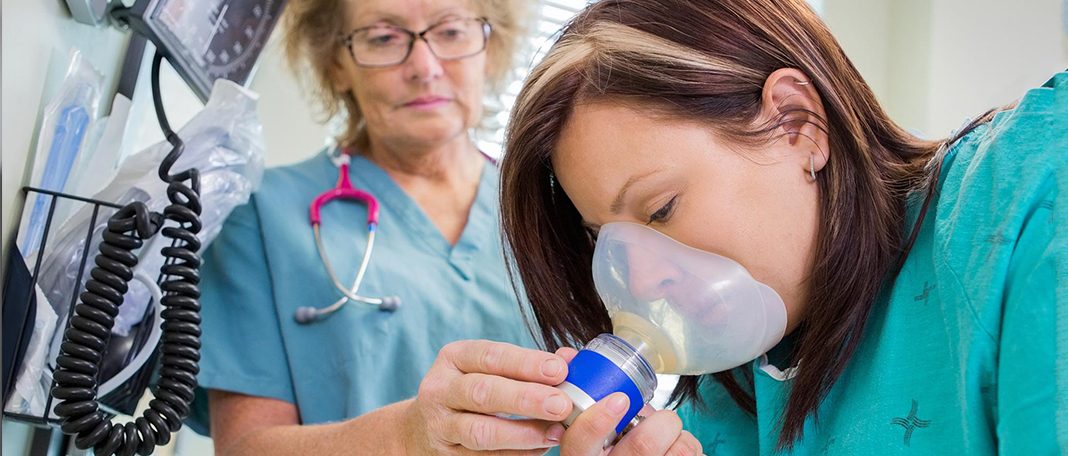About one-third of the people are suffering from severe depression, and they are at the risk of developing permanent treatment. In recent research, with the help of the Phase 2 trial, scientists have found that a 60-minute therapy session with laughing gas (nitrous oxide) can provide significant and quick improvements in individuals with treatment-resistant depression, and the effects can continue for at least two weeks.
Nitrous oxide is also known as a laughing gas, and it has played an important part in the history of anaesthesia since its discovery in the late 18th century. It is well recognized for its usage in dentistry. It is known as “laughing gas” owing to the nature of its euphoric sedation when delivered in low doses.
The previous experiment provided strong evidence that the gas may indeed quickly relieve depressive symptoms. Following the early study, it was discovered that the gas might potentially cure post-traumatic stress disorder and alcoholism.
So, the goal of this new trial is to understand if smaller dosages of nitrous oxide than had previously been studied were beneficial for depression and if the effects from a single treatment lasted for several weeks.
24 individuals were selected for the experiment, and they went through three one-hour therapy sessions throughout the month. Along with a placebo session, they are simply allowed to breathe oxygen, the individuals tried nitrous oxide doses of 25% and 50%.
Those who are with treatment-resistant major depression (TRMD) shows early antidepressant benefits by inhaling 50% nitrous oxide and there are some side effects at this dosage. In this phase 2 clinical trial, the researcher Nagele investigated the effects of a single 1-hour treatment with 25% nitrous oxide on depression symptoms in those with TRMD. They discovered that this lower concentration had comparable efficacy to 50% nitrous oxide over several weeks, but was associated with significantly fewer adverse effects. These findings suggest that decreased nitrous oxide concentrations might be an effective therapy for TRMD.
Another interesting result, according to Peter Nagle, a key scientist on the experiment, was the durability of treatment impact. Previous studies only tracked individuals for up to 24 hours, but this study discovered that the anti-depressant benefits of a single nitrous oxide therapy lasted between two and four weeks.
As this is an entirely new type of therapy method for depression, much more research is needed to determine the best and safest ways to deliver it. However, Nagele and Conway believe that nitrous oxide may have a future role in depression therapy, particularly as a quick, fast-acting medication for severely depressed individuals who are suicidal.


















